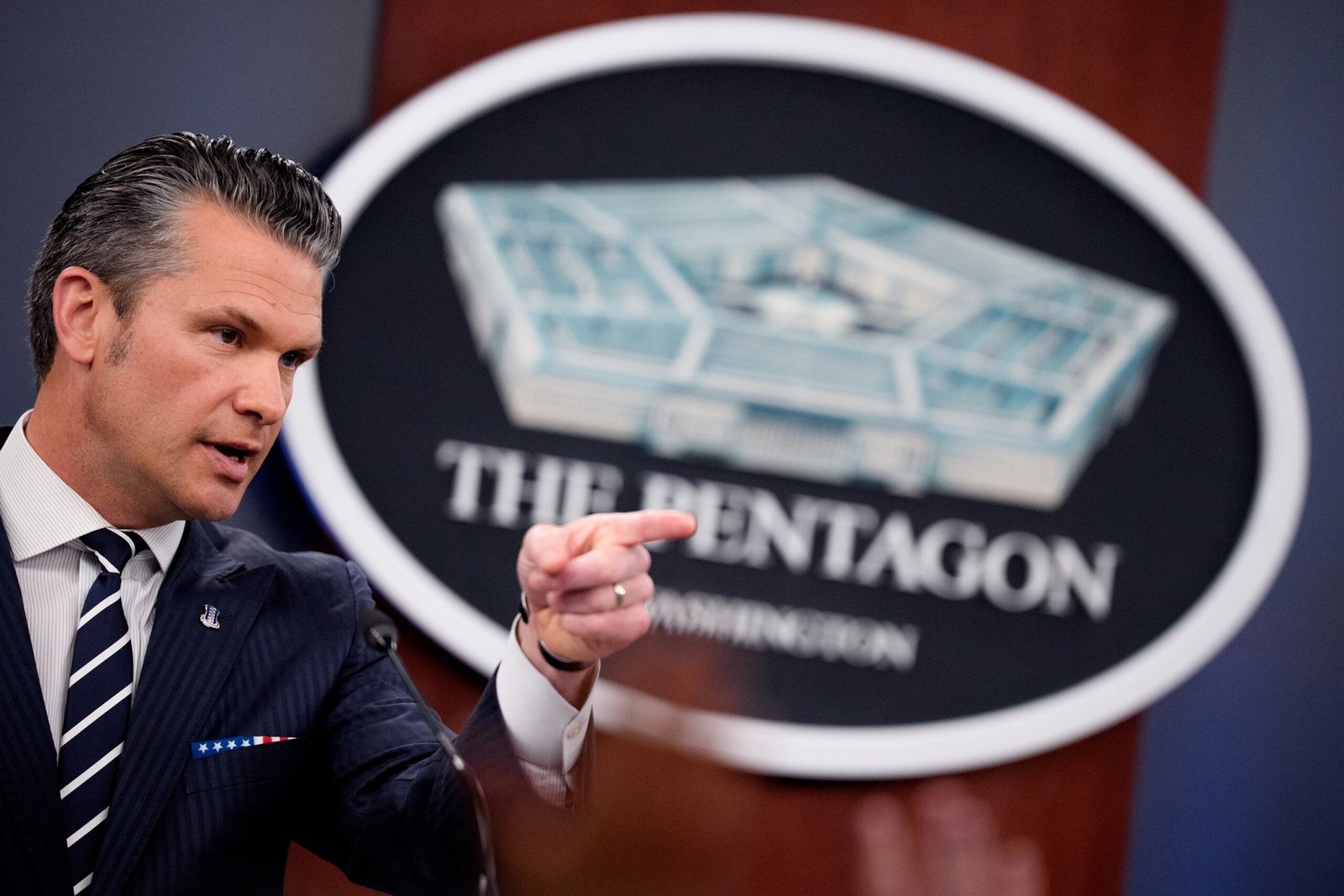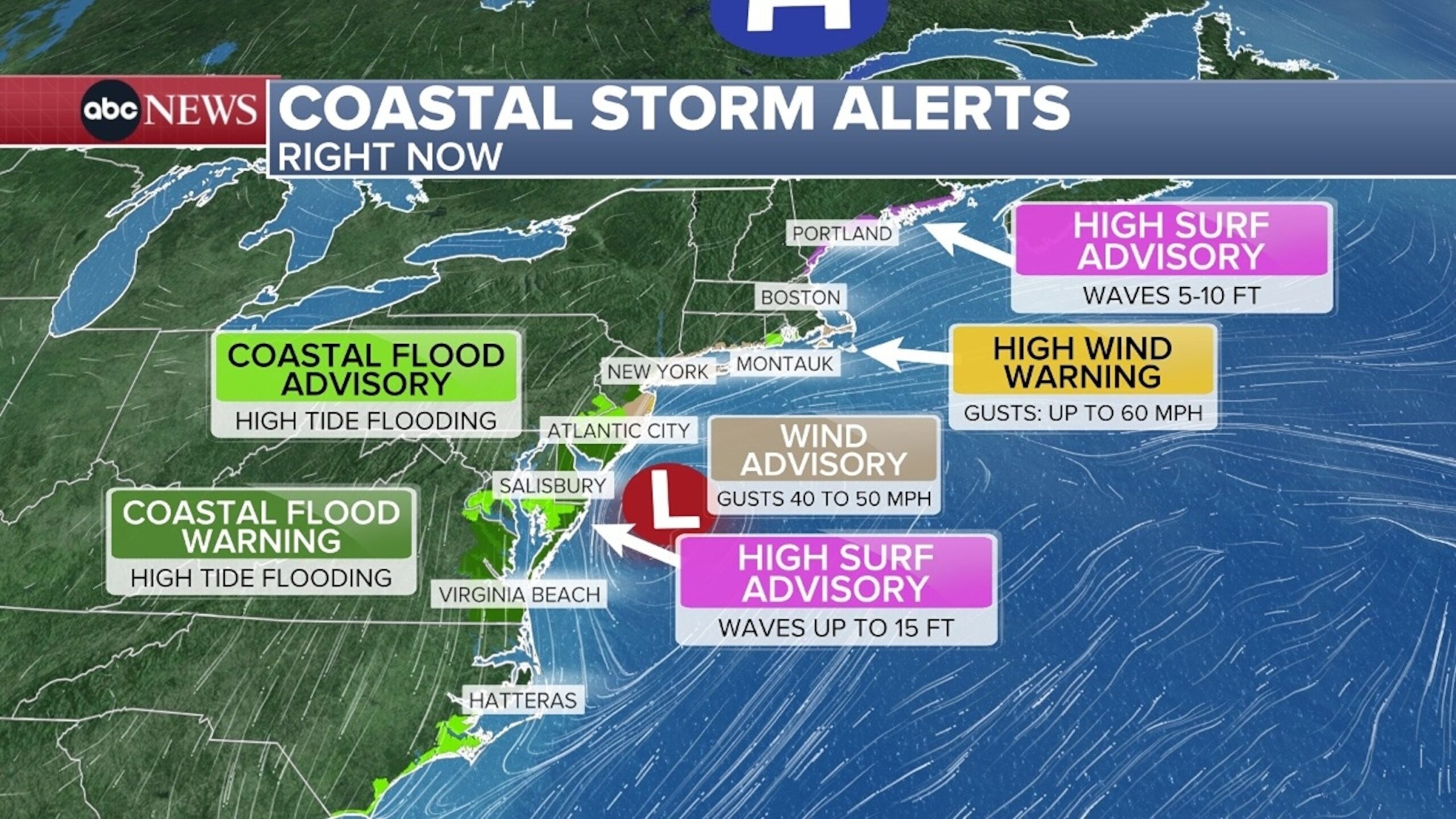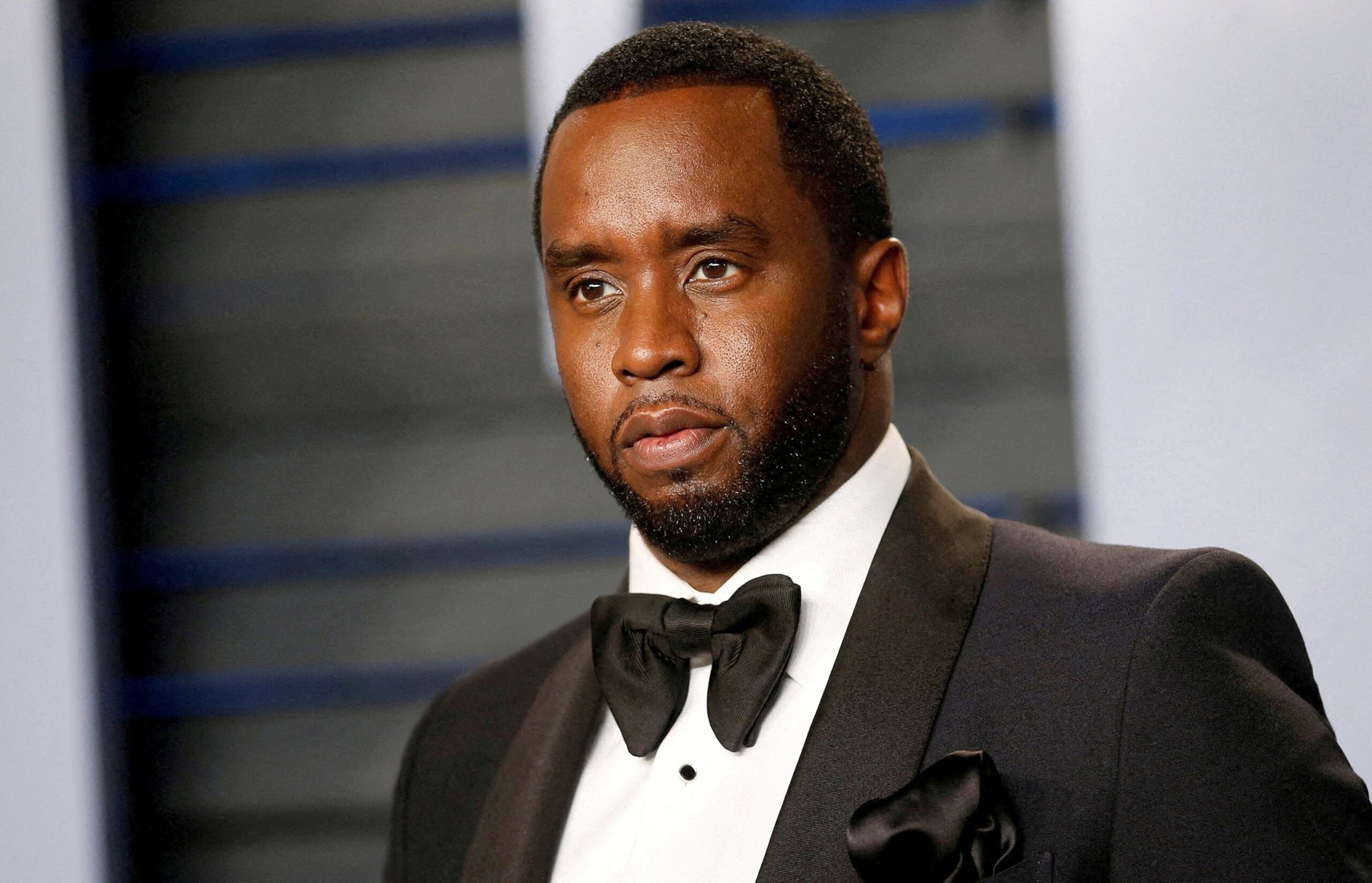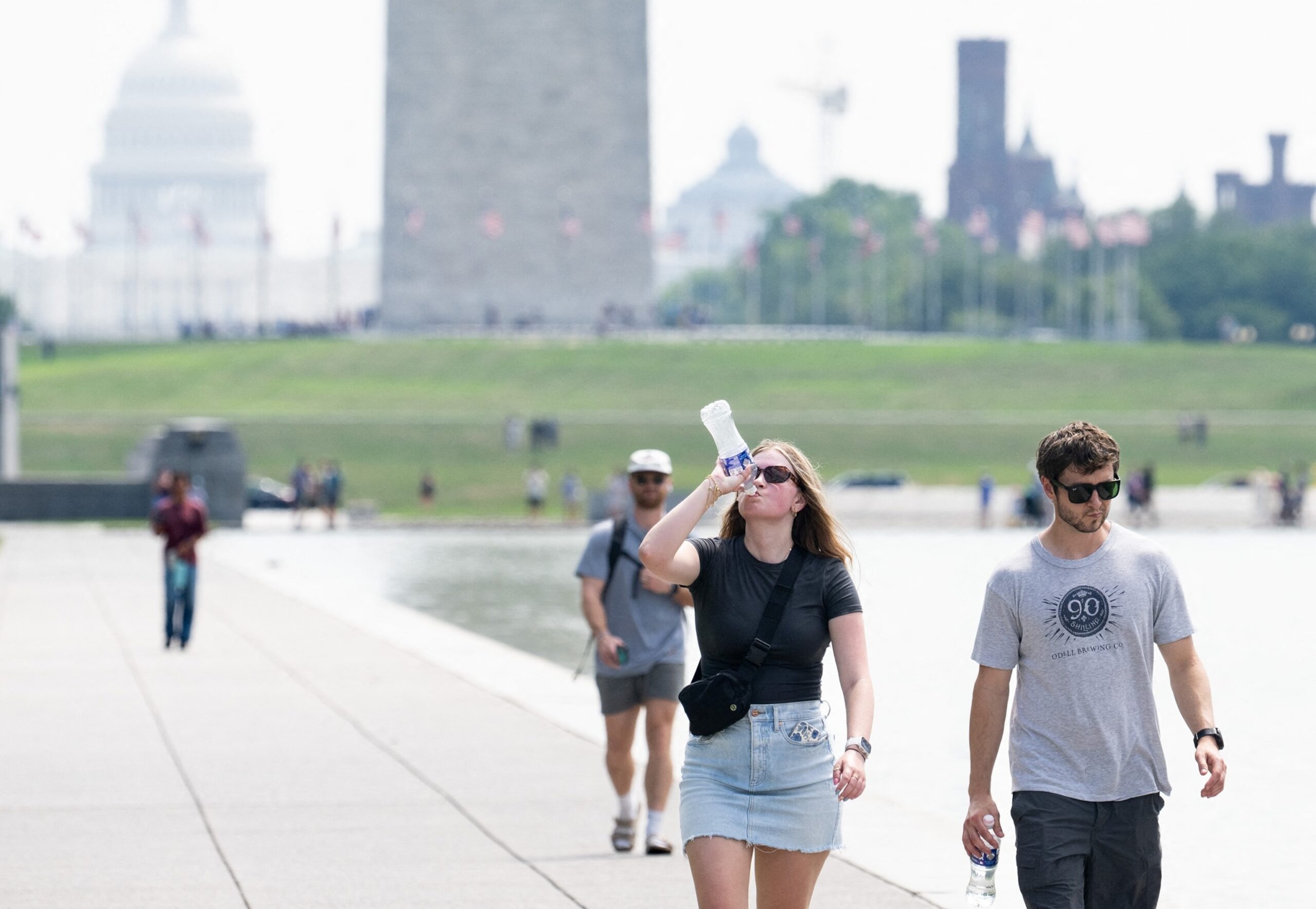American leaders warn Iran against reprisals after attacks on nuclear facilities

In the hours after their military attacks in Iranian nuclear sites, US officials suggested that Iran should adopt a diplomatic ramp instead of choosing retaliation.
“Iran, the Middle East, now must make the peace,” President Donald Trump said Saturday night in a speech to the nation, flanked by Vice President Vance, Secretary of State Marco Rubio and Defense Secretary Pete Hegseth.
“This cannot continue. There will be peace or there will be a tragedy to Iran much greater than we have witnessed in the last eight days,” Trump said.
American officials on Sunday morning doubled the president’s message, asking for a diplomatic process and threatening Iran with additional military action if he chooses to minorize for the attack of the United States.

The Secretary of Defense, Pete Hegesh, speaks during a press conference at the Pentagon, on June 22, 2025 in Arlington, Virginia.
Andrew Harnik/Getty Images
Vance suggested that the United States was not interested in a broader war or a conflict beyond its attacks on the Iranian nuclear program.
“We are not at war with Iran; we are at war with Iran’s nuclear program,” Vance said in “This week” of ABC News.
At a Pentagon press conference, Hegseth said that the nuclear program was “the line established by the president” and that the “overwhelming military action” should invite peace.
“Iran, in that sense, has an option,” said Hegseth. “But we have made them very clear: these are nuclear sites, this is nuclear capabilities. This is the line that the president established, and we delay it.”
“Now is the time to appear for peace,” he said.
The Secretary of Defense did not clarify the possible parameters for the negotiations, but said that the US was sending messages directly to Iran and “giving them all the opportunities to come to the table.”
“They understand precisely what the American position is, precisely what steps can take to allow peace, and we hope they do it,” he said.
Hegseth said that the reach of the US attack, which hit three nuclear sites, including the uranium enrichment center located deep in Fordo, was “intentionally limited” and was not aimed at “regime change.”
Trump ordered that the offensive “is certainly not open,” said Hegseth, qualifying the attack “a mission focused, powerful and clear about the destruction of Iranian nuclear abilities.”
“Those were the objectives. That was what was beaten. That was overwhelming,” said the Secretary of Defense.
Hegseth and General Dan Caine, president of the Joint Personnel Chiefs, told Pentagon journalists on Sunday that the United States was prepared for a possible response from Iran.
Caine said that “any Iranian retaliation or representation attacks … It would be an incredibly poor choice,” and Hegseth noticed the assets of us and the allies near Iran.
The secretary said the strikes, which included 14 massive artillery blown up by seven stealthy landowners, “devastated” their objectives and left the nuclear ambitions of Tehran “erased”.
Caine said that an evaluation of damage was “too early” to inform, but said that the operation had “severely damaged” the specific facilities.
The president suggested on Saturday that Iranian retaliations would be equivalent to a escalation and would guarantee attacks of us that would be “much worse” that strikes in nuclear sites.
Instead, Trump, Vance, Rubio and Hegseth are pointing to Iran that he should return to the negotiating table to discuss Iran’s nuclear program.
The United States and Iran made five rounds of diplomatic conversations, with a sixth scheduled round, before Israel attacked Iran last week and the United States joined their own strikes on Saturday.
“I think it is irrelevant to ask Iran to return to diplomacy because we were in the midst of diplomacy,” Foreign Minister Abbas Abbas Arahchi said on Sunday.
“We were in the middle of the conversations with the United States when [the] The Israelis exploded it. And again, we were in the midst of conversations and negotiation with Europeans, [which] It happened only two days ago in Geneva, when this time the Americans decided to fly it, ”he said, referring to their meetings hurriedly agreed with European leaders on Friday.
“So we were in diplomacy. But we were attacked,” he added.
Rubio, the main diplomat of the United States, characterized those conversations as tactics of Tehran delay.
“They play too many games,” said Sunday in Fox News. “They use diplomacy to hide and obfusca and think they can buy time. They think they are cute, they are not cute and they will not get out of their own, not under President Trump.”
Rubio repeatedly said that the regime change was not the objective of the attacks, but suggested that a renewed Iranian nuclear accumulation would change the calculation of Washington.
“If Iran is committed to becoming a power of nuclear weapons, I think it puts the regime at risk. I think it would be the end of the regime if they tried to do that,” he said.







